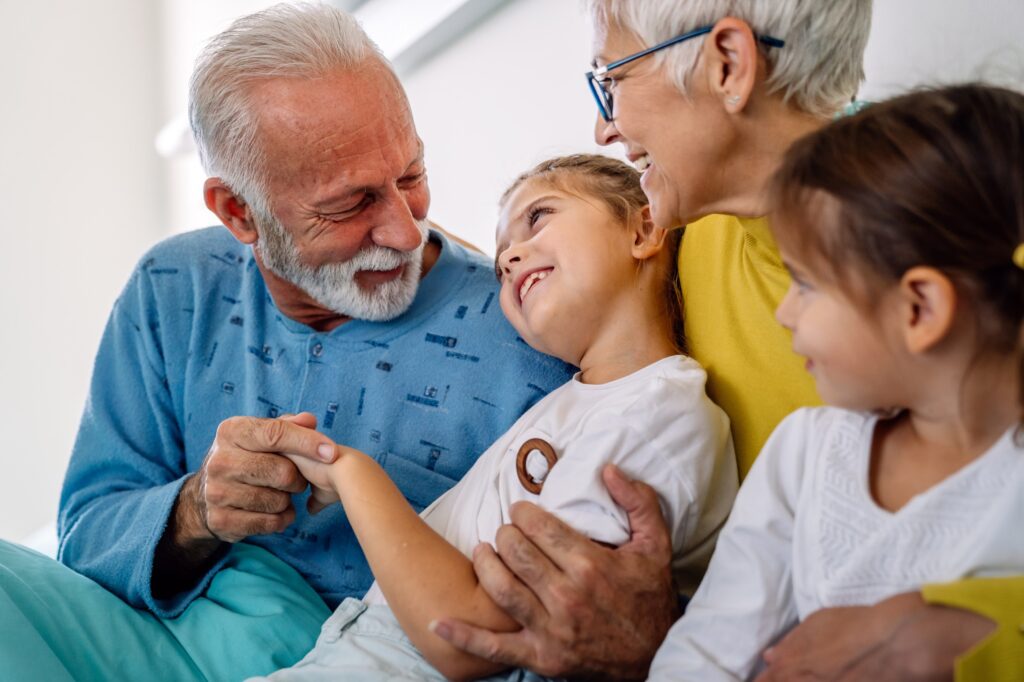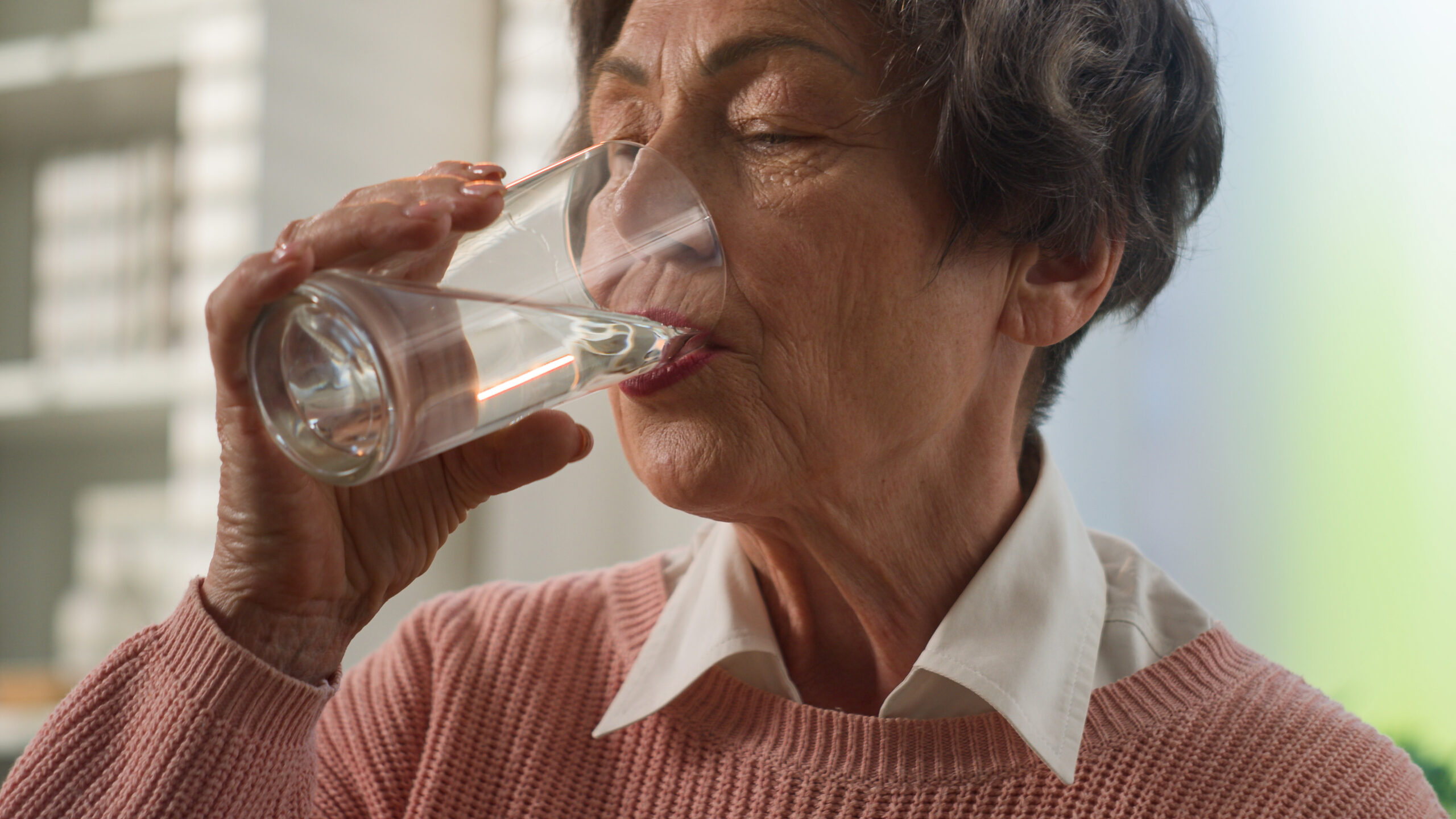

On the occasion of World Water Day on 22 March, we need to be reminded of the importance of drinking, especially for the elderly. Many elderly people suffer from dehydration as a result of underestimating it, which can complicate their health.
Geriatric patients are a particularly high-risk group. These are mostly patients with multiple chronic diseases that can be significantly exacerbated when combined with inadequate drinking. “Feeling thirsty is generally not sufficient evidence of whether a person is drinking enough fluids. It is usually only felt when the body is really short of water. Older people feel thirsty even less, which makes them more susceptible to dehydration,” Mina Bobocká, MBA, MPH, PhD, Director of the AGEL Bánovce Hospital and Head of the Department of the Long-Term Ill, explained.
A dehydrated person urinates less, their heart rate increases, their blood pressure and blood oxygenation decreases, which is also thicker and puts more strain on the heart. “Elderly people take a lot of medications that put a strain on the body, they are often troubled by high sodium levels, they take medications for drainage. When the body is not sufficiently hydrated, there is a risk not only of collapse from dehydration, but also of disruption of many biological processes that take place in the body. This can have a negative impact on patients’ overall health and prognosis,” warns the experienced doctor.
Experts do not recommend that seniors drink fluids in spurts, but rather less and more regularly. “They need to keep water handy at all times, especially if they have trouble moving around. I tend to advise patients to fill up a bottle of water in the morning, because that way they can check how much fluid they have drunk more easily. It is also advisable to consume fruit, vegetables and soups; on the contrary, black tea, coffee or alcohol will further dehydrate the body. The body itself can tell a lot about the state of hydration. The urine should not be concentrated, the tongue should be dry and white and the skin should be elastic when drinking enough,” concludes MUDr. Bobocká.
